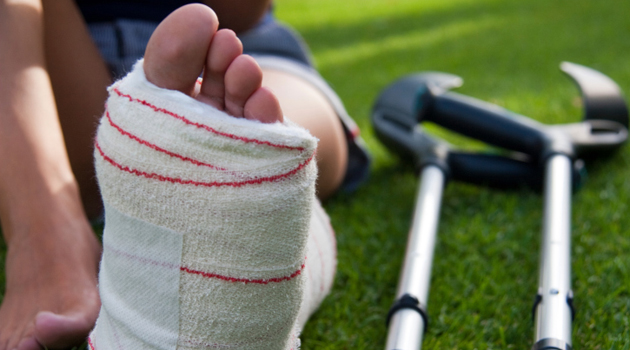The idea of becoming injured when you’re thousands of miles away from home is daunting, to say the least. Even traveling into another state for a romantic weekend away, a business trip or to visit relatives can quickly turn into a disaster if you find yourself caught up in an accident. Unfamiliar roads, busy highways, confusing intersections, driving whilst stressed and of course, other drivers are all common factors in road accidents involving tourists and out of state visitors. Contact a personal injury lawyer located in Macon if you’ve been in a car crash that wasn’t your fault.

Having a car accident will certainly turn your life upside down. From painful injuries to insurance issues, time off work and the impact on your mental health. However, if you know how to handle an accident whilst out of state, you’ll be able to protect your rights and place yourself in the best position possible going forwards.
Read on to find out more.
Check the fine print on your insurance
Your insurance is there to protect you financially, should the worst happen. And while most insurance policies will cover you, whichever state you’re visiting, you might want to check the fine print on your policy before you travel. The truth is that certain aspects of your insurance may no longer apply when you’re out of state, so it’s always best to speak to your insurance provider before you travel. Laws and regulations surrounding minimum coverage vary from state to state, so do as much research as possible before you hit the road.
Research local traffic laws
Local traffic laws vary from state to state, an offense that could land you with a warning in your home state could leave you with a hefty fine in another. Highway speed limits can vary greatly, which is why conducting some simple research is essential. In most states driving whilst using your phone (with it held to your ear) is a criminal offense, whilst in other states, you are permitted to use a Bluetooth device, something you may need to know if you’re traveling for business. While all states prohibit being intoxicated behind the wheel, the severity of your punishment can vary from state-to-state depending on the level of alcohol in your blood.
Always document the accident
Sometimes, it doesn’t matter how careful you are, a negligible driver can make the roads unsafe. So, if you do end up in a crash, make sure the event is well documented. Documenting the accident means you’re protecting your rights and putting yourself in the strongest legal position possible, something which is essential if you’re planning on filing a personal injury case. Seek medical attention, speak with the police and obtain a copy of the report, photograph/video your injuries and the scene of the crash. Speak to witnesses and follow your doctor’s advice.
And finally, don’t speak with insurance adjusters
Insurance representatives from both parties will try to speak with you regarding the crash. They may try to play down what happened, your injuries or try to get you to take the blame so they don’t have to payout. Never speak with an insurance adjuster until you have reached out to a personal injury lawyer.


